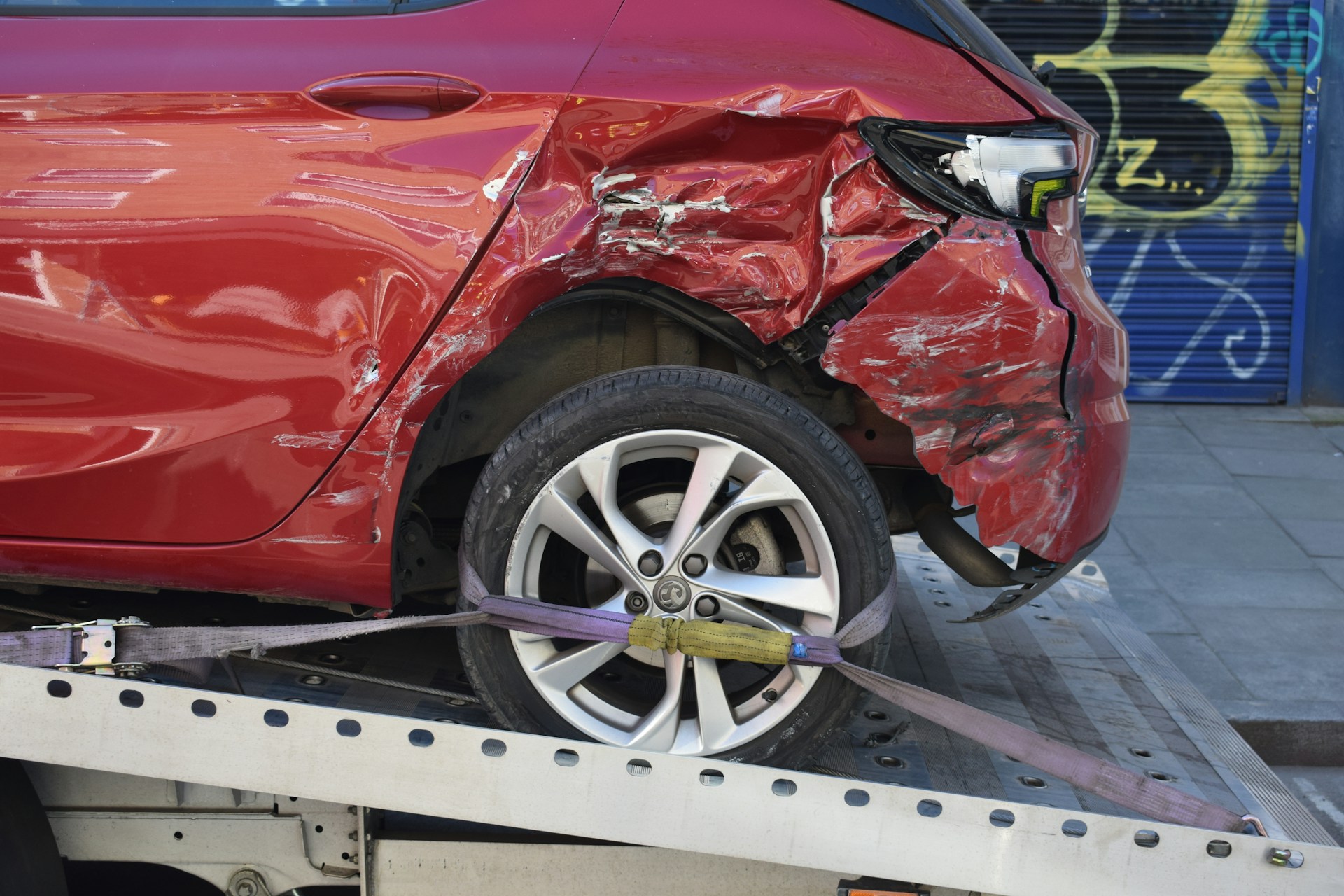What Parents Should Document if a Car Accident Involves Their Child

Few moments are more terrifying for a parent than receiving news that their child has been involved in a car accident. Even when injuries appear minor, the aftermath can be overwhelming. Parents must not only focus on their child’s immediate health and emotional recovery but also on ensuring that the right information is documented. This documentation can play a critical role in medical care, insurance claims, and any potential legal action.
Knowing what to record and preserve after such an incident provides peace of mind and helps safeguard a child’s rights.
Why Documentation Matters
Accidents involving children often result in complex legal and medical processes. Insurance companies may challenge claims, and future health issues could arise that are tied to the accident. Proper documentation ensures parents have evidence to demonstrate what occurred, how it affected their child, and what steps were taken afterward.
In cases where liability is disputed or long-term consequences exist, families may also seek guidance from Chicago car accident attorneys who are skilled in handling sensitive claims involving minors. The stronger the documentation, the better positioned parents are to secure fair compensation and protect their child’s future.
Immediate Steps to Record at the Scene
Gathering Information About the Accident
If parents are present at the accident scene, it is essential to collect information immediately. This includes obtaining the names, contact details, and insurance information of all drivers involved. Recording the make, model, and license plate numbers of vehicles is equally important.
Police should be contacted to file an official report, as this document becomes a cornerstone of any legal or insurance process. Parents should request a copy of this report once it is available.
Taking Photos and Videos
Visual evidence is often more persuasive than written accounts. Parents should use their phone to capture images of the accident scene, vehicle damage, skid marks, traffic signals, and weather conditions. If the child’s injuries are visible, photos taken in the moment may later help medical providers understand the nature of the impact.
Medical Documentation for Children
Immediate Medical Records
Children should be evaluated by medical professionals as soon as possible after the accident, even if they appear unhurt. Some injuries, including concussions or internal trauma, may not present immediate symptoms. Parents should keep every medical record, from emergency room notes to diagnostic test results.
Ongoing Treatment Notes
Accident-related injuries in children sometimes require long-term care, such as physical therapy or counseling. Parents should document every appointment, treatment plan, and recommendation from healthcare providers. These records create a timeline that links the accident to ongoing health needs.
Emotional and Behavioral Impact
Children may experience anxiety, nightmares, or difficulty concentrating after a car accident. Parents should record behavioral changes and seek professional evaluations if needed. These details demonstrate that the impact of the accident extends beyond physical injuries.
Insurance and Financial Documentation
Communication With Insurers
Parents must keep written records of all communications with insurance companies, including emails and letters. If phone calls are made, notes should include the date, time, and name of the representative spoken to. This helps ensure that no detail is overlooked in the claims process.
Receipts and Bills
Accidents often generate unexpected expenses: hospital bills, prescription medications, therapy costs, and even transportation for medical visits. Keeping copies of all receipts and invoices creates a clear picture of financial impact.
Lost Wages for Parents
If parents miss work to care for their injured child, documenting lost wages is important. Courts and insurers often consider these costs when determining compensation.
Witness Accounts and Third-Party Records
Collecting Statements
Witnesses can provide independent accounts that corroborate the events of the accident. Parents should obtain names and contact information from bystanders and ask them to write or record their observations.
School and Activity Records
If the child’s injuries affect school attendance, extracurricular activities, or sports participation, keeping records of absences and teacher or coach notes helps establish how the accident disrupted daily life.
Working With Legal Professionals
How Lawyers Use Documentation
Attorneys rely heavily on documentation to build a strong case. Photos, medical records, and witness statements can establish liability and prove the extent of damages. Families working with experienced car accident lawyers are often advised to keep ongoing journals and logs about the child’s recovery and the family’s challenges.
Protecting the Child’s Future
In many cases, settlements or verdicts must account not just for immediate costs but also for potential long-term needs. Proper documentation ensures lawyers can argue for compensation that reflects the child’s future medical, educational, and emotional care.
Long-Term Considerations for Parents
Monitoring Health Changes
Even months after an accident, children may develop symptoms linked to their injuries. Parents should continue documenting any new or recurring health issues and share them with medical providers.
Maintaining a Personal Journal
A journal kept by parents that records daily changes in the child’s condition, mood, and activities can become invaluable evidence. It reflects the lived experience of the child and family, capturing impacts that formal medical records may overlook.
Preserving Evidence for the Future
In some cases, legal actions may take years to resolve. Parents should ensure that all documentation is stored securely, both digitally and in hard copies, so nothing is lost over time.
Why Documentation Empowers Parents
Documenting every detail may feel overwhelming during an already stressful time, but it empowers parents in multiple ways. It provides clarity when dealing with medical providers, strengthens claims with insurance companies, and ensures that legal professionals have the evidence they need to advocate effectively. Most importantly, it ensures that children receive the care, attention, and protection they deserve after such a traumatic event.
By carefully tracking information from the moment of the accident through long-term recovery, parents place themselves in the strongest position to protect their child’s wellbeing and future.






